DevOps has become one of the most in-demand skill sets in the tech industry, playing a crucial role in modern software development and operations. As companies move towards automation, cloud-native technologies, and faster deployments, the need for skilled DevOps professionals continues to grow.
But where do you start? How do you build a strong foundation and gain the right skills to become a job-ready DevOps engineer in 2025?
This blog presents a practical DevOps roadmap, guiding you through the essential technologies, tools, and best practices you need to learn.
For a graphical summary of this roadmap, check out our latest infographic here:
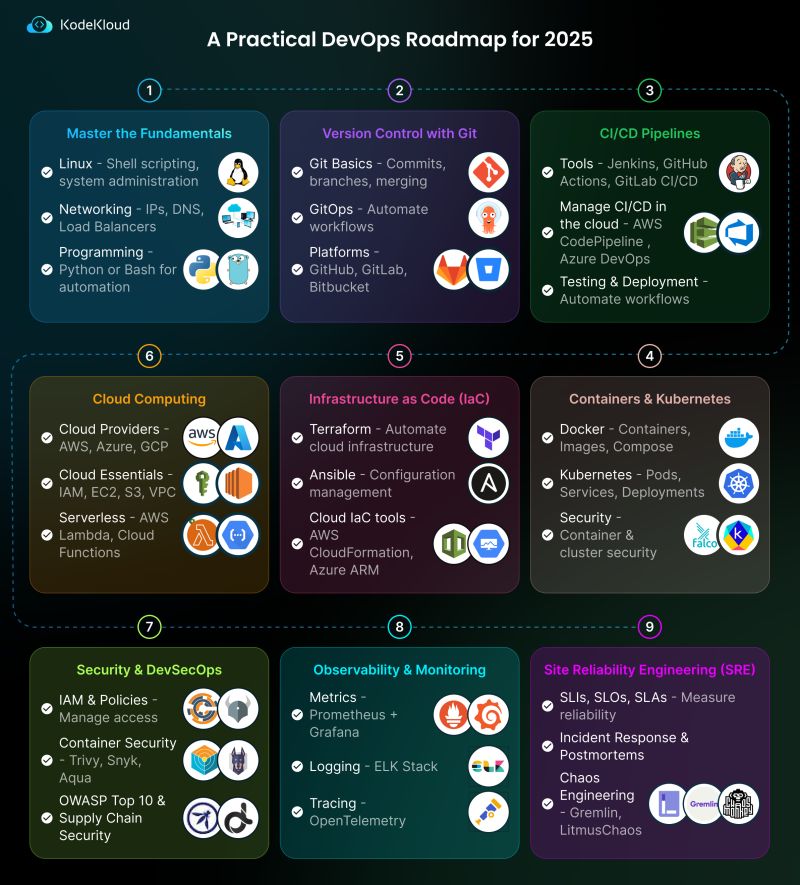
Step 1: Master the Fundamentals
Before diving into DevOps-specific tools, it’s important to build a strong foundation in the core technical areas that power DevOps workflows.
✅ Linux – Since most DevOps work happens on Linux-based systems, learning shell scripting, command-line operations, and system administration is essential.
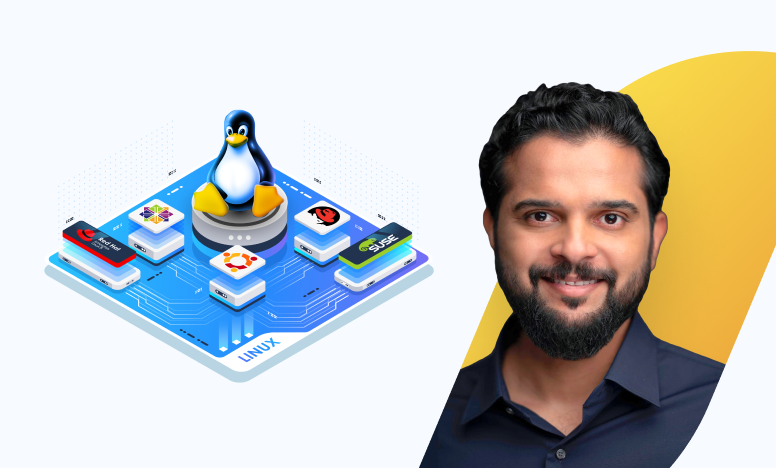
✅ Networking – Understanding IP addresses, DNS, Load Balancers, and firewalls helps in managing cloud environments and troubleshooting network issues.
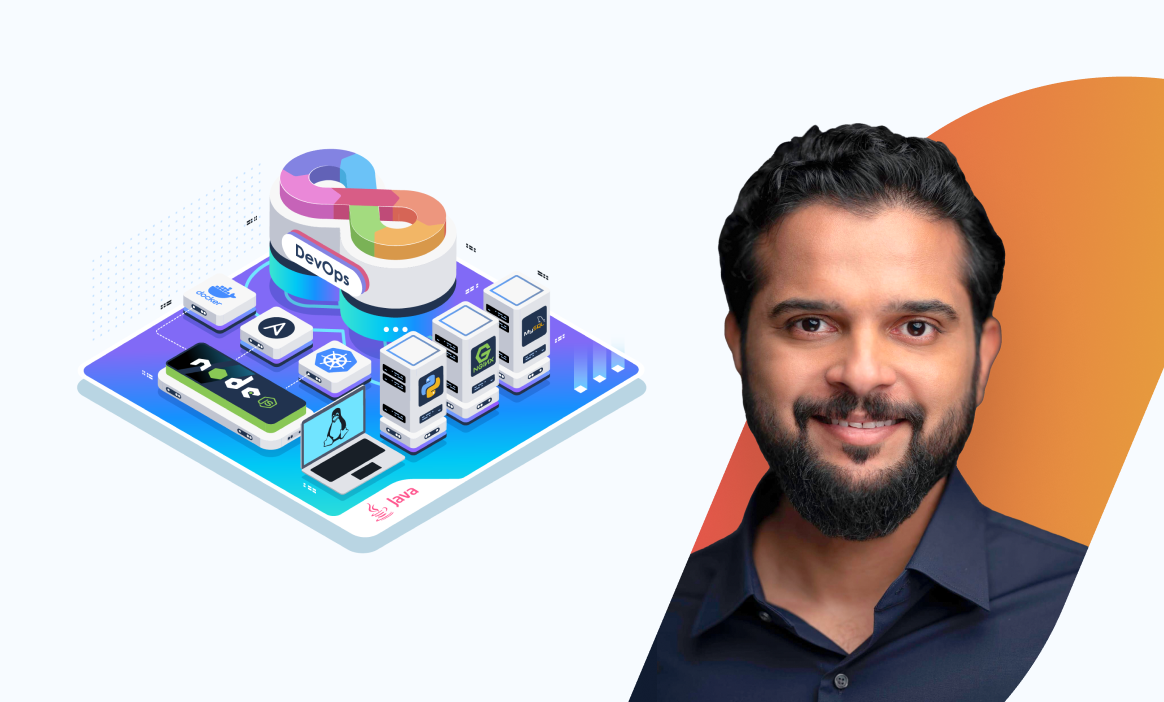
✅ Programming – Learning Python or Bash scripting allows you to automate tasks, write infrastructure code, and manage configurations efficiently.
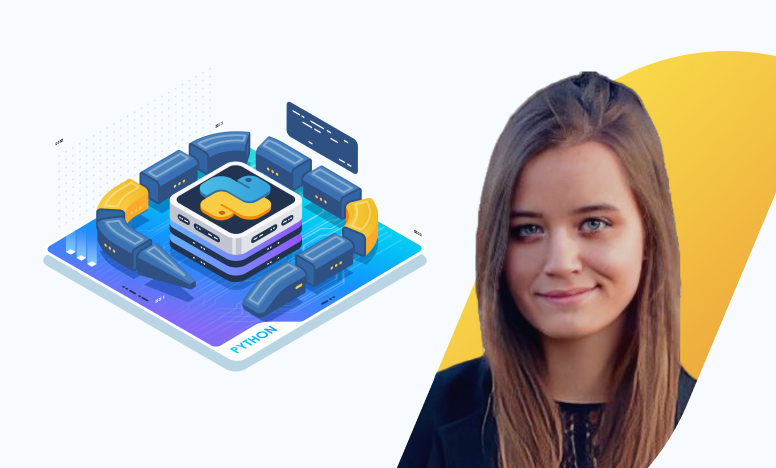
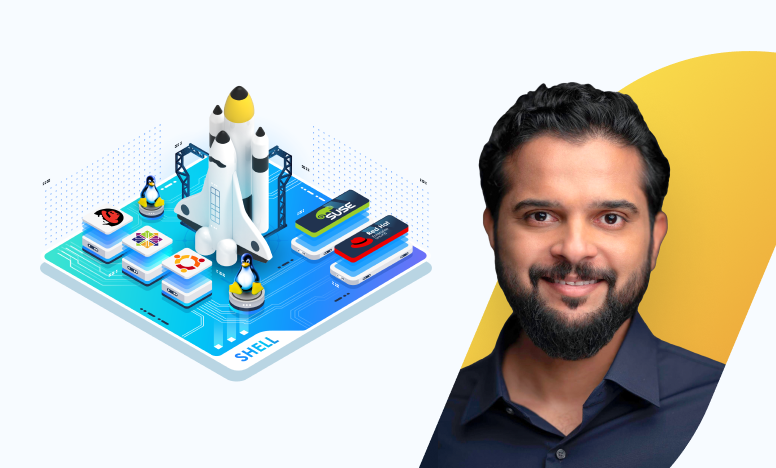
These fundamentals are the backbone of DevOps. Without them, working with DevOps tools will be challenging.
Step 2: Learn Version Control with Git
Version control is the backbone of modern software development, allowing teams to collaborate and track changes efficiently.
✅ Git Basics – Learn how to create repositories, commit changes, manage branches, and merge code.
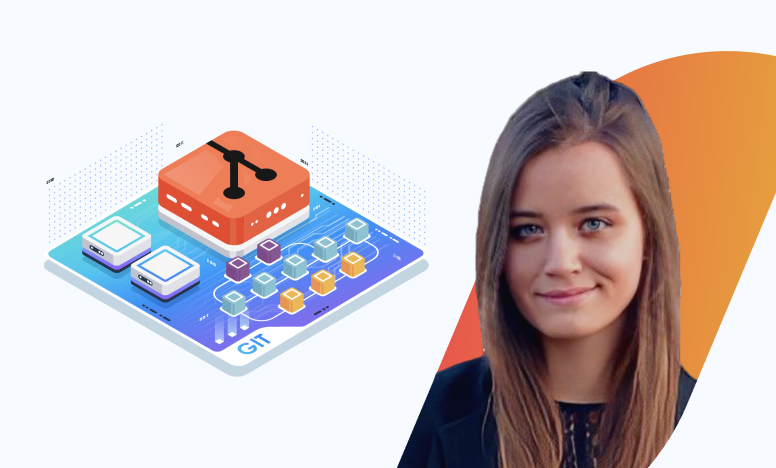
✅ GitOps – Automate infrastructure and deployment workflows using Git as the single source of truth.
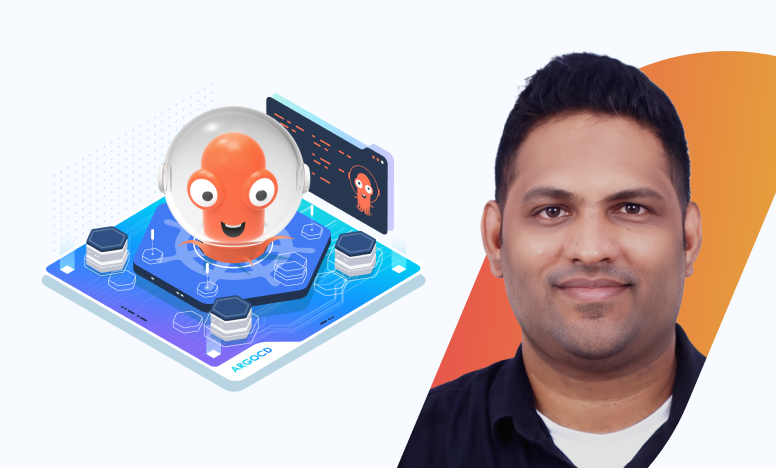
✅ Platforms – Become familiar with GitHub, GitLab, and Bitbucket, as they are widely used in DevOps pipelines.
Git proficiency is non-negotiable for DevOps professionals, as every team relies on version control.
Step 3: Understand CI/CD Pipelines
Continuous Integration and Continuous Deployment (CI/CD) ensure that software is tested and deployed automatically with minimal human intervention.
✅ CI/CD Tools – Learn tools like Jenkins, GitHub Actions, and GitLab CI/CD to automate builds, tests, and deployments.
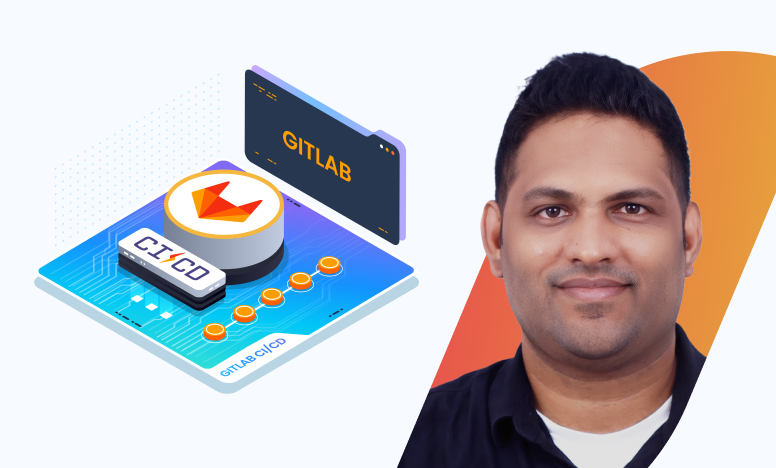
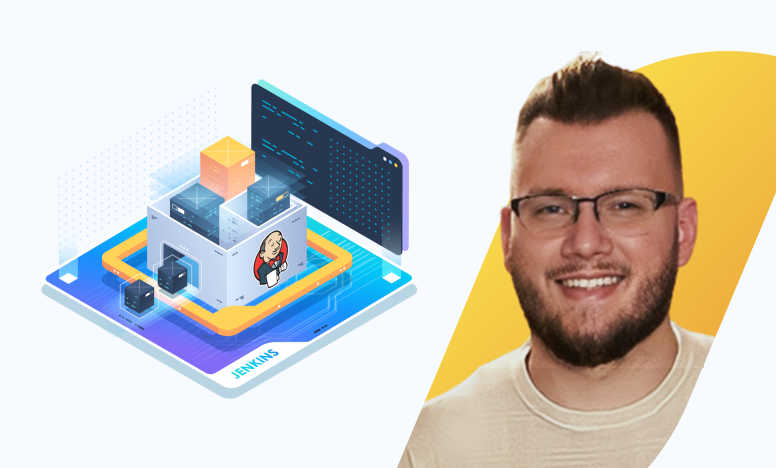
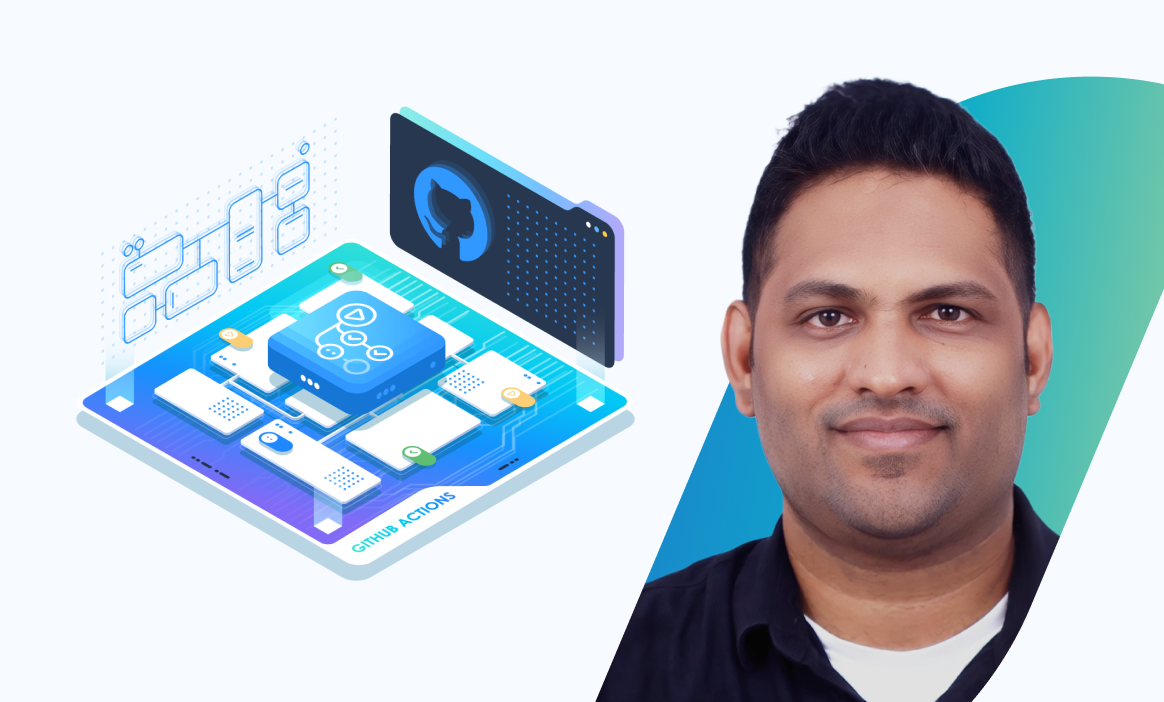
✅ Cloud CI/CD – Understand how to manage CI/CD pipelines in the cloud using AWS CodePipeline and Azure DevOps.
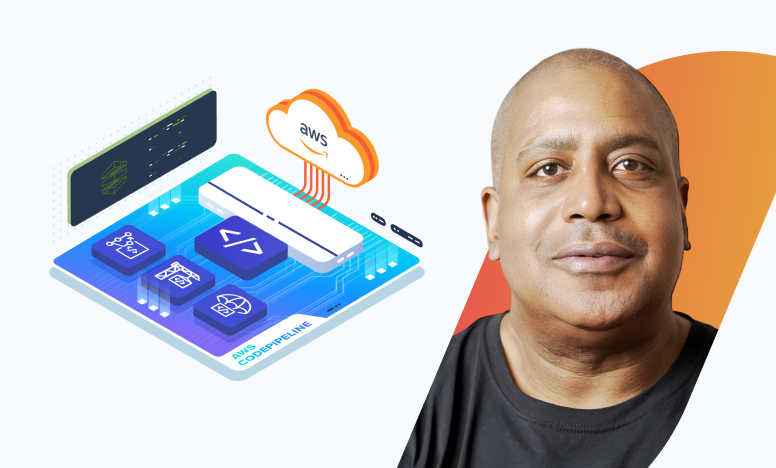
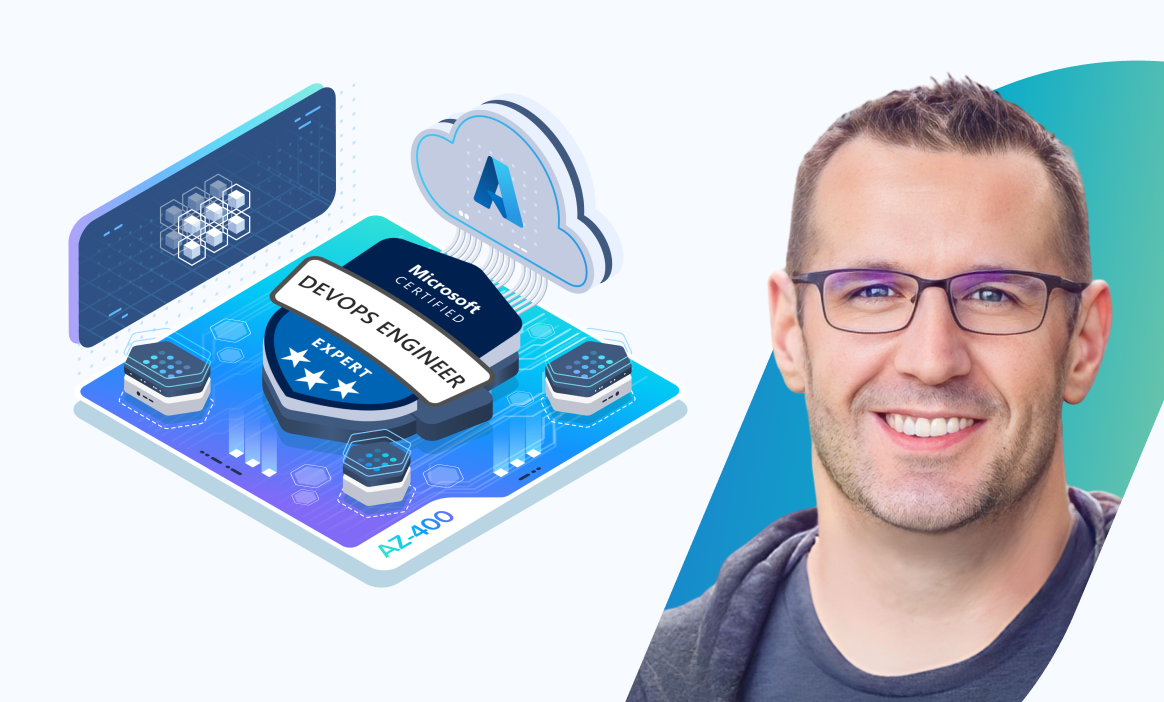
✅ Testing & Deployment – Learn how to automate workflows, ensuring that new code is tested and deployed seamlessly.
CI/CD pipelines form the core of DevOps, making deployments faster and more reliable.
Step 4: Get Hands-On with Containers & Kubernetes
Containers and container orchestration are at the heart of modern cloud-native development.
✅ Docker – Learn how to create, manage, and run containerized applications using Docker.
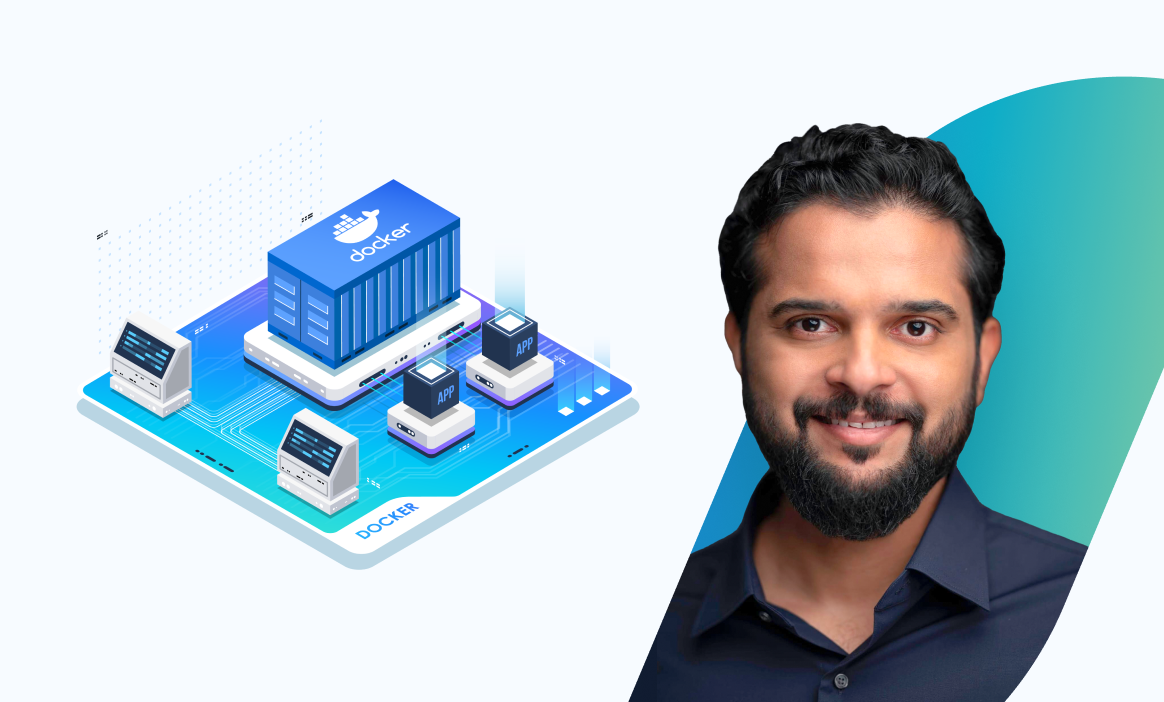
✅ Kubernetes – Master container orchestration with Kubernetes, including Pods, Deployments, and Services.
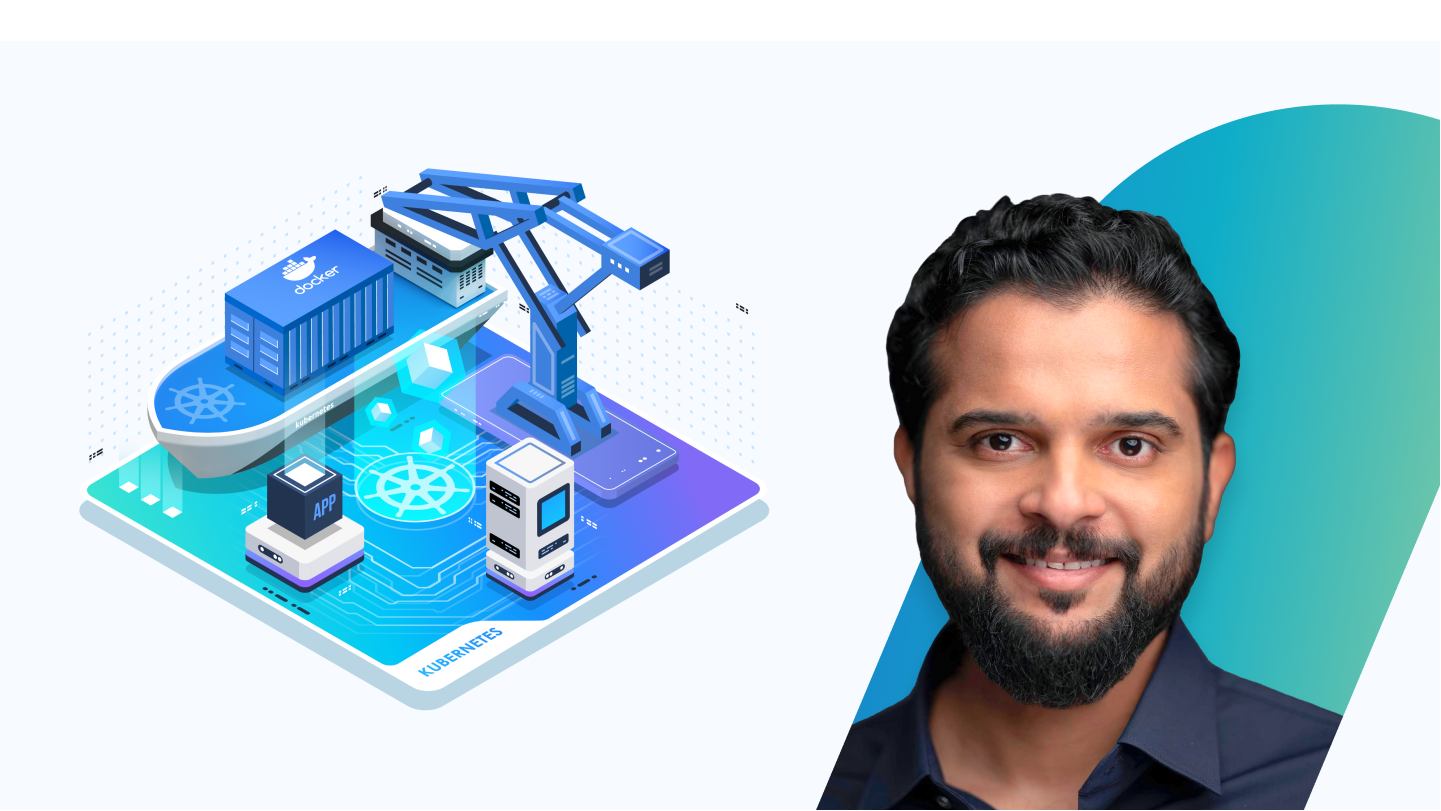
✅ Security – Understand container and cluster security best practices to prevent vulnerabilities.
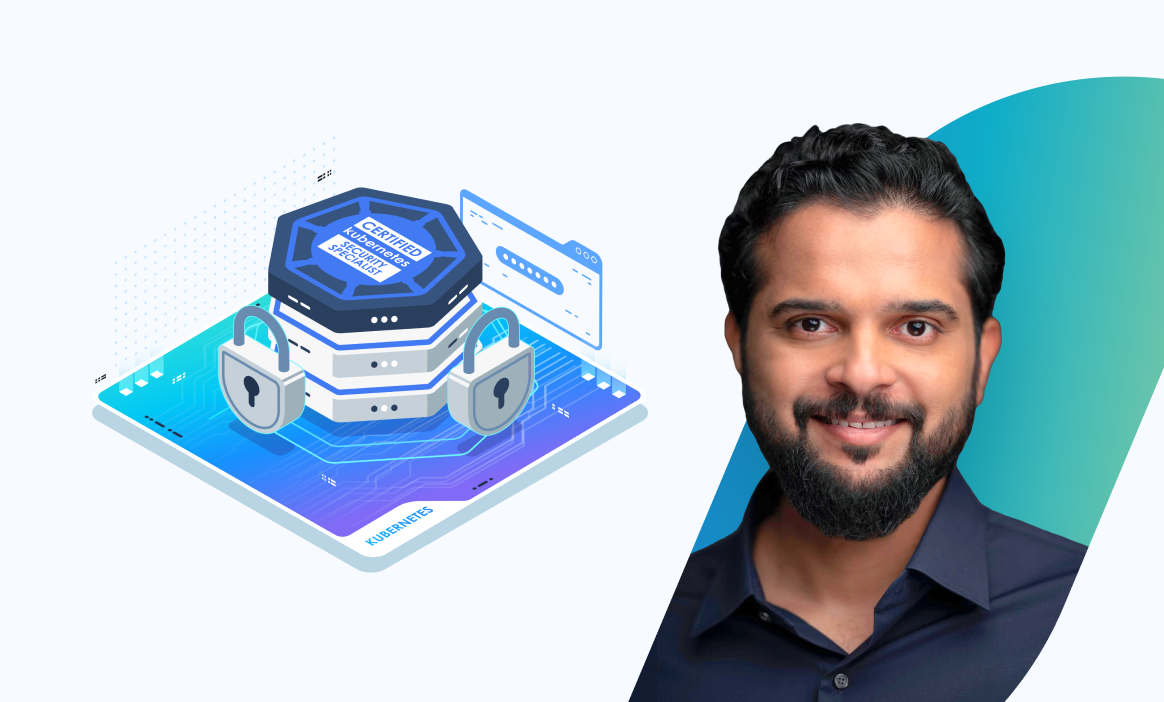
Kubernetes is now an essential skill for DevOps professionals, as it powers modern cloud applications.
Step 5: Learn Infrastructure as Code (IaC)
Infrastructure as Code (IaC) allows you to manage infrastructure using code, eliminating manual configurations.
✅ Terraform – Automate cloud infrastructure deployments with Terraform, the most popular IaC tool.
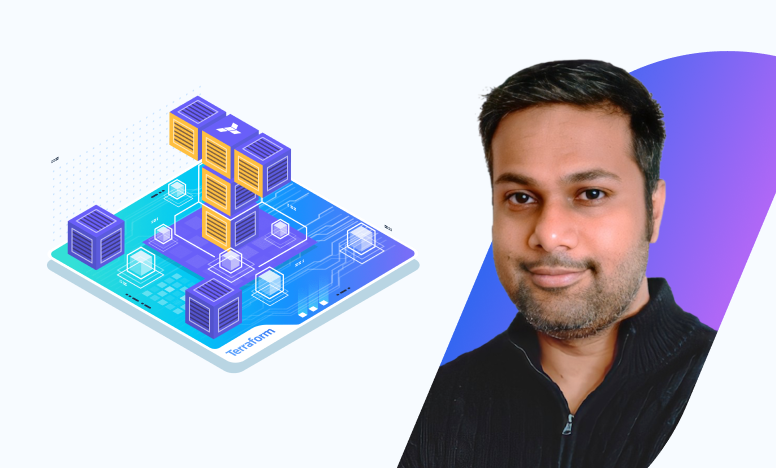
✅ Ansible – Learn configuration management to automate software provisioning and application deployments.
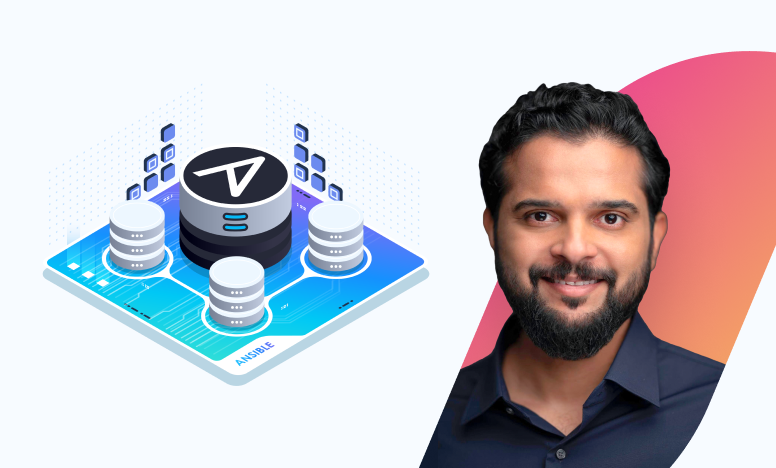
✅ Cloud IaC Tools – Understand cloud-native IaC tools like AWS CloudFormation and Azure ARM.
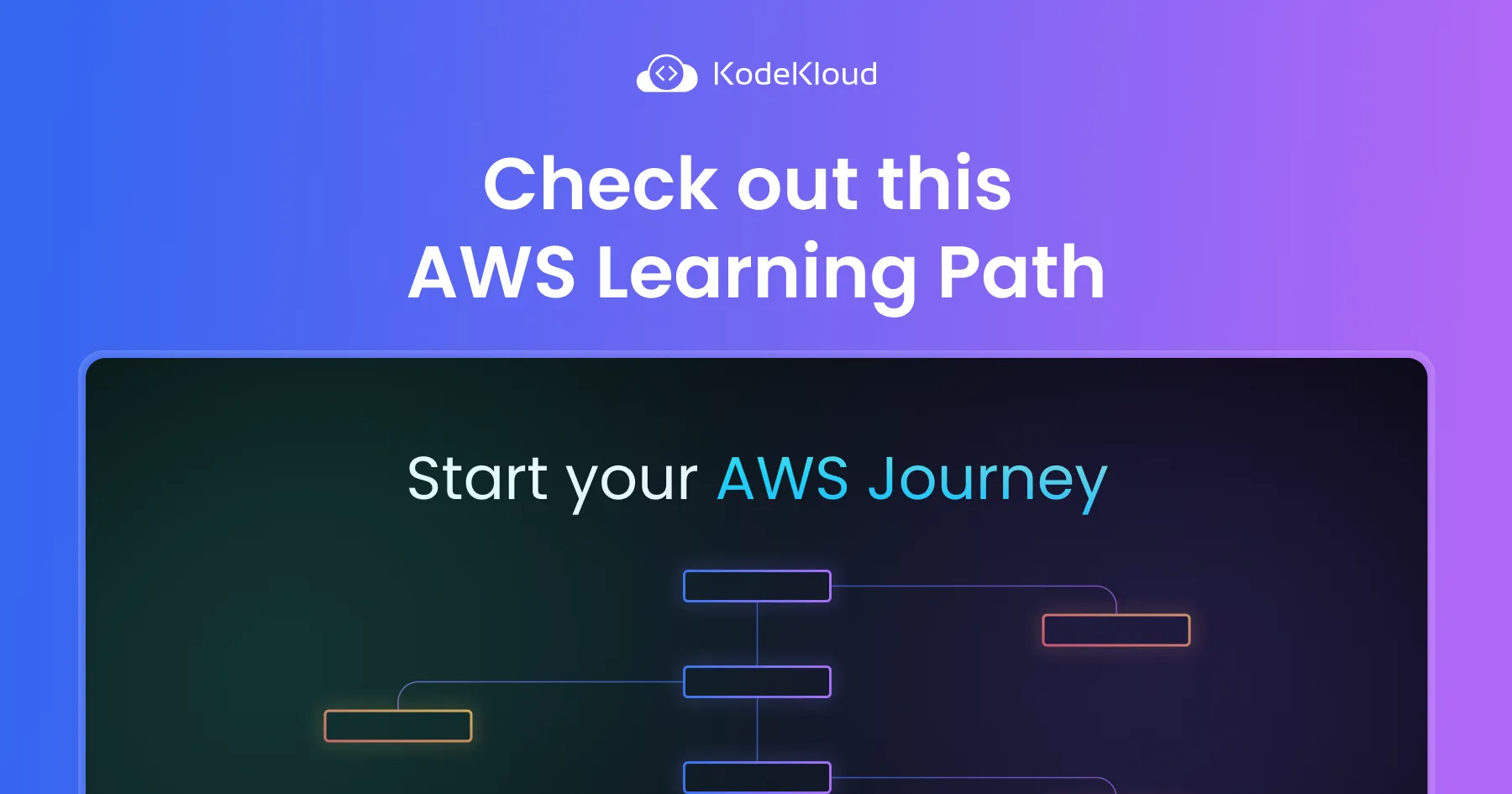
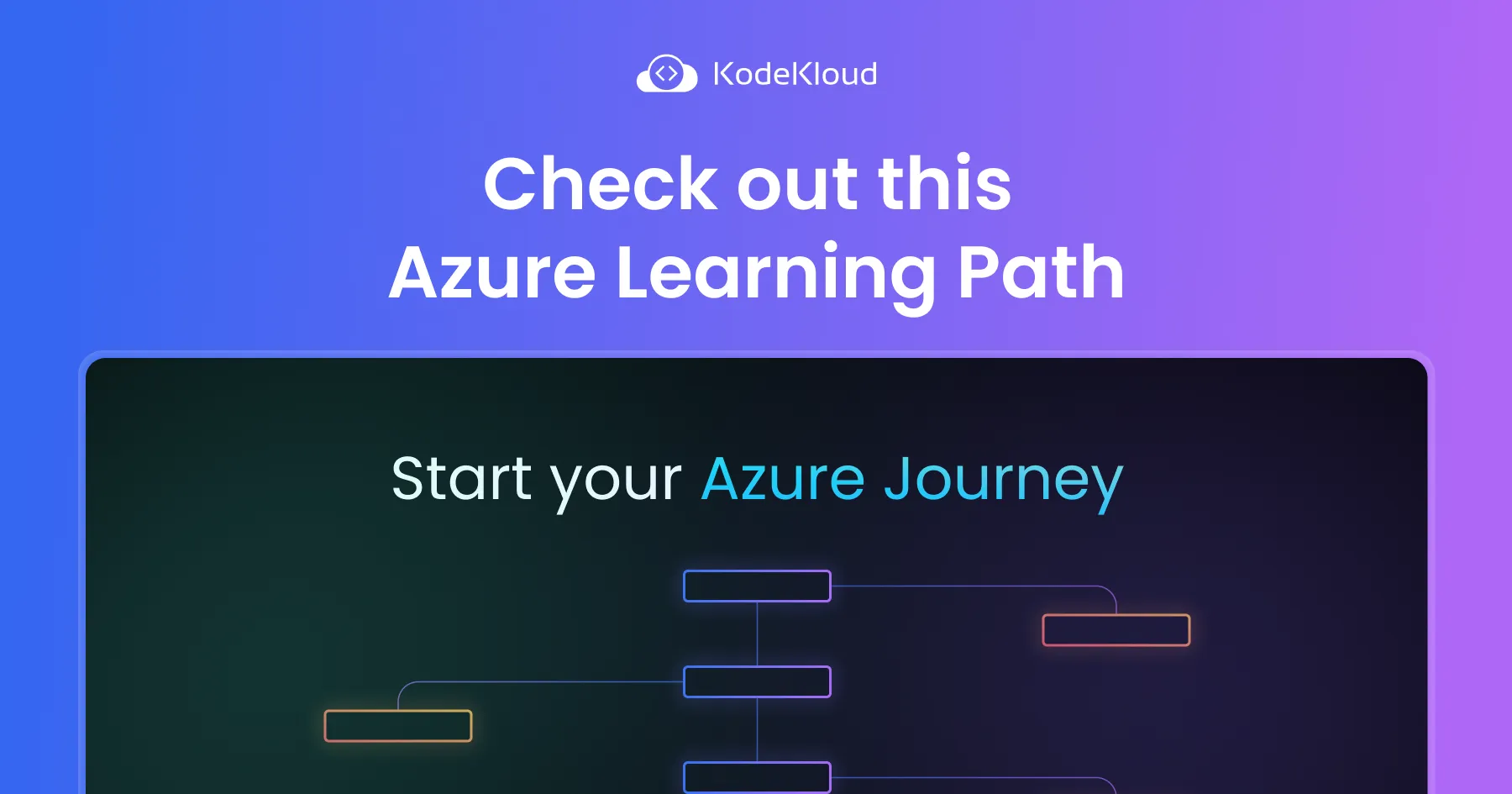
Mastering IaC improves efficiency, scalability, and reliability in DevOps environments.
Step 6: Gain Cloud Computing Knowledge
Most modern applications run on cloud platforms, making cloud expertise a key skill.
✅ Cloud Providers – Learn the basics of AWS, Azure, and Google Cloud Platform (GCP).
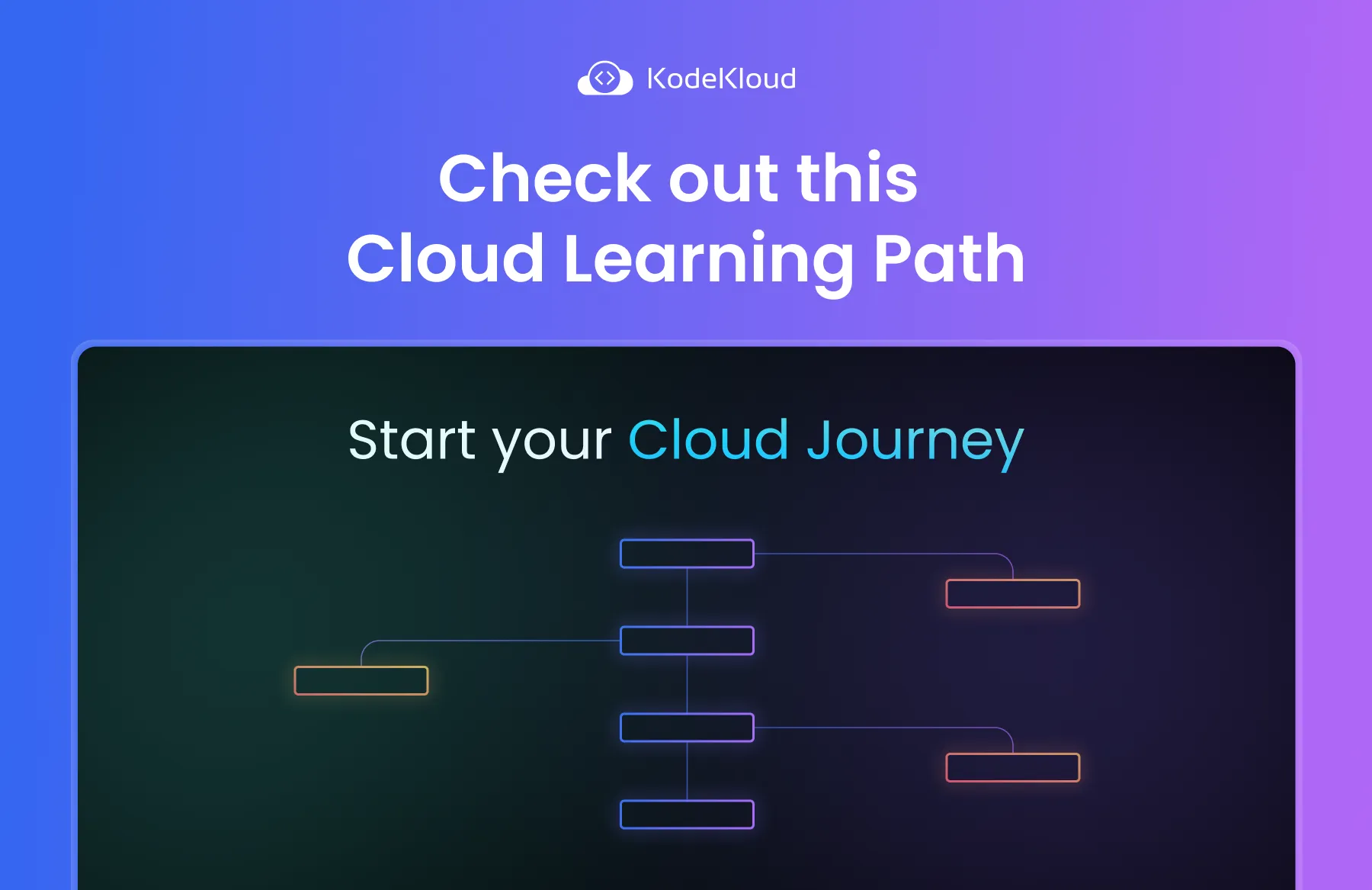
✅ Cloud Essentials – Understand IAM (Identity and Access Management), EC2, S3, VPC, and networking in cloud environments.
✅ Serverless – Explore AWS Lambda and Google Cloud Functions for event-driven architectures.
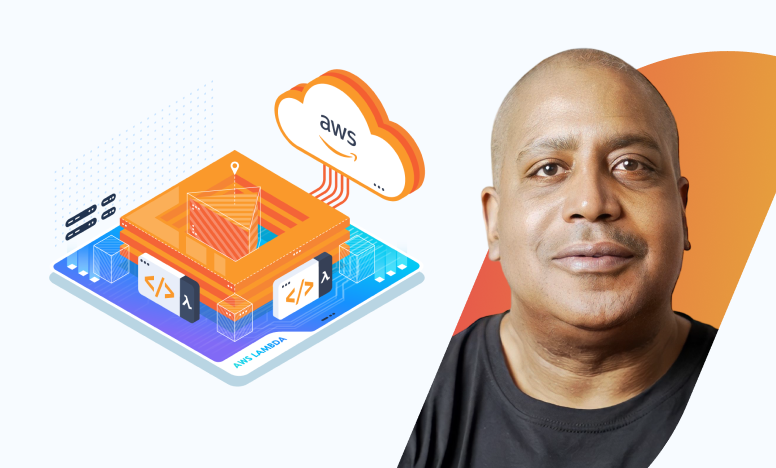
Cloud knowledge is vital for deploying and managing applications at scale.
Step 7: Focus on Security & DevSecOps
Security is a critical aspect of DevOps, often referred to as DevSecOps.
✅ IAM & Policies – Learn how to manage access to cloud resources securely.
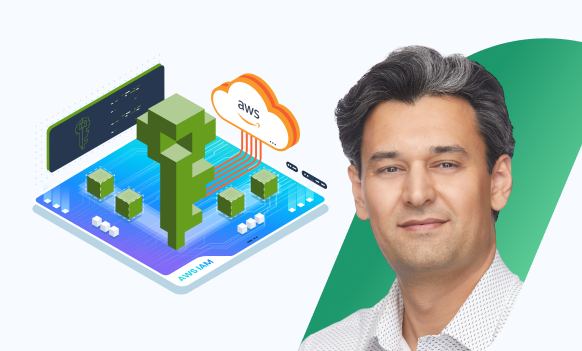
✅ Container Security – Use security tools like Trivy, Snyk, and Aqua to detect vulnerabilities.
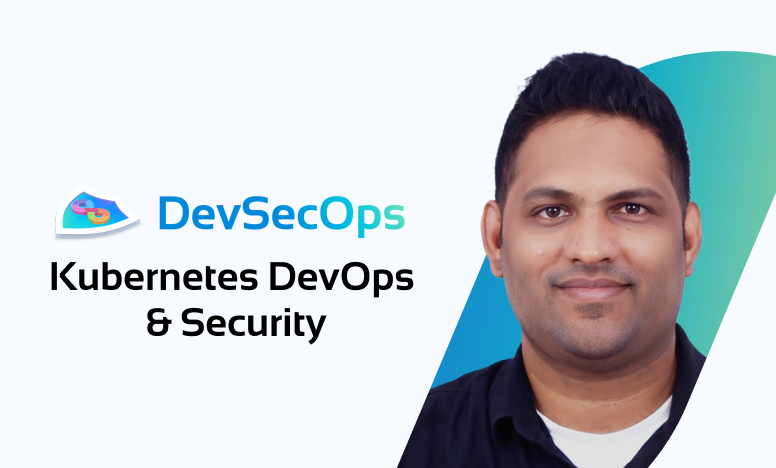
✅ OWASP Top 10 – Understand common security threats and how to mitigate them.
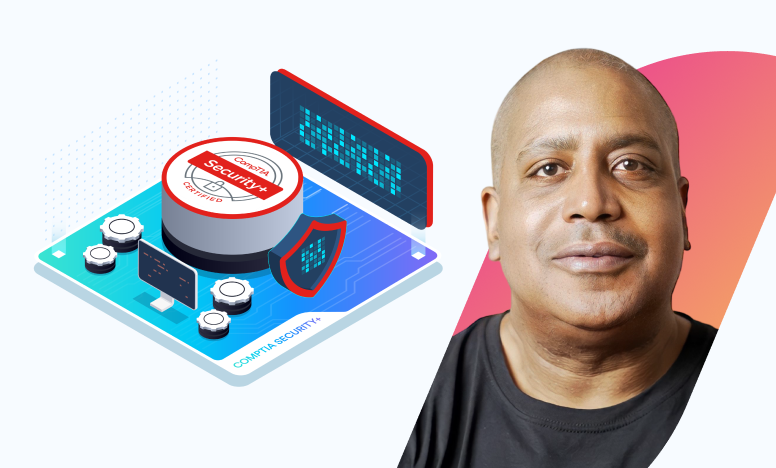
Security should never be an afterthought in DevOps.
Step 8: Master Observability & Monitoring
Monitoring helps you track performance, detect issues, and improve system reliability.
✅ Metrics – Learn how to use Prometheus and Grafana to collect and visualize performance data.
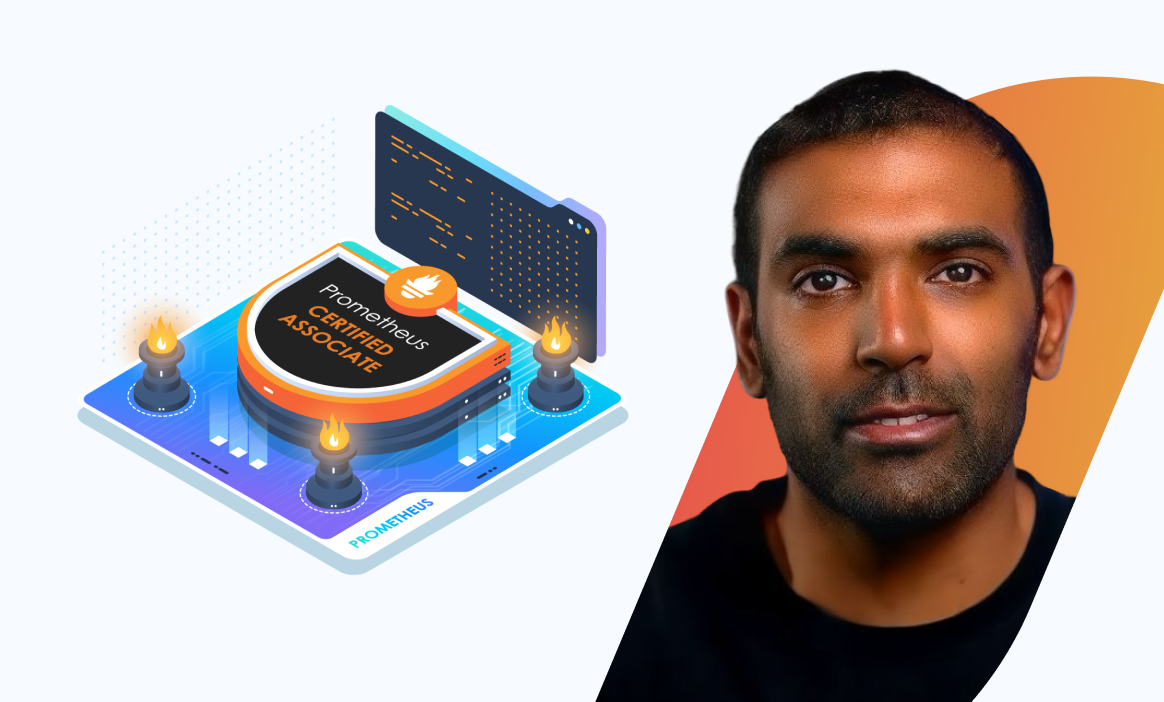

✅ Logging – Understand ELK/EFK Stack (Elasticsearch, Logstash/Fluentd, Kibana) for log management.
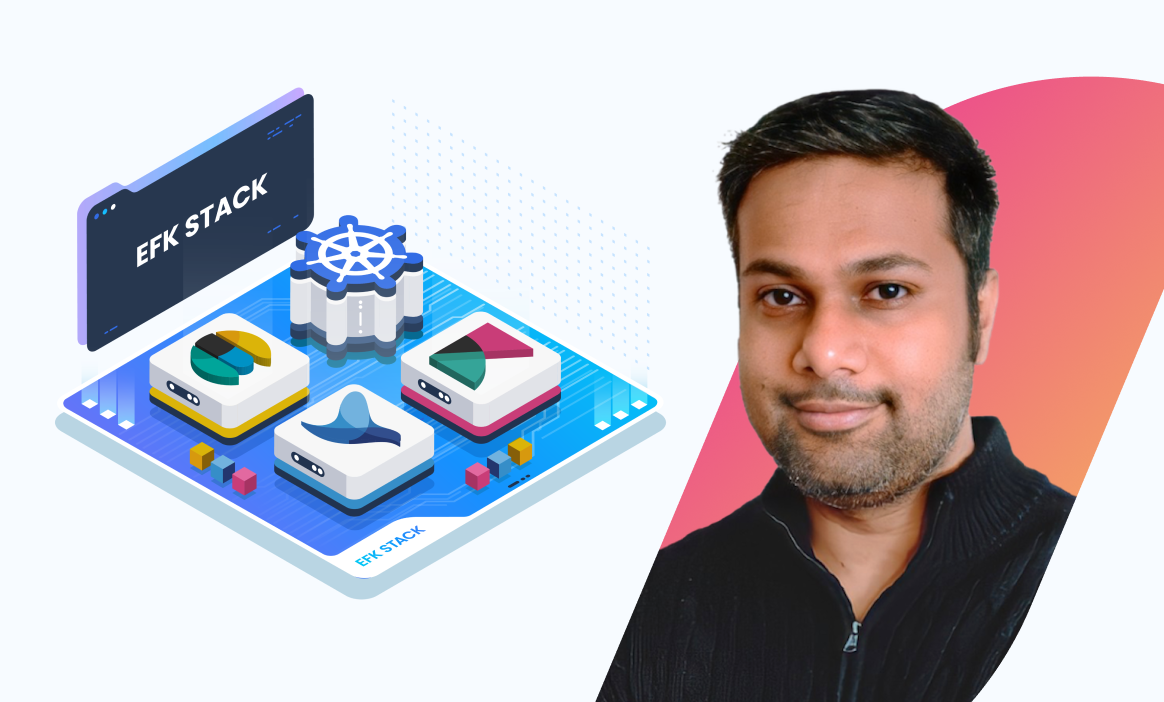
✅ Tracing – Explore OpenTelemetry to trace application performance.
Observability ensures that DevOps teams can detect problems before they impact users.
Step 9: Explore Site Reliability Engineering (SRE)
Site Reliability Engineering (SRE) is an extension of DevOps that focuses on system reliability and performance.
✅ SLIs, SLOs, SLAs – Learn how to measure and improve reliability using key indicators.
✅ Incident Response – Understand how to handle outages, troubleshoot failures, and postmortem analysis.
✅ Chaos Engineering – Use tools like Gremlin and LitmusChaos to test how systems react to failures.
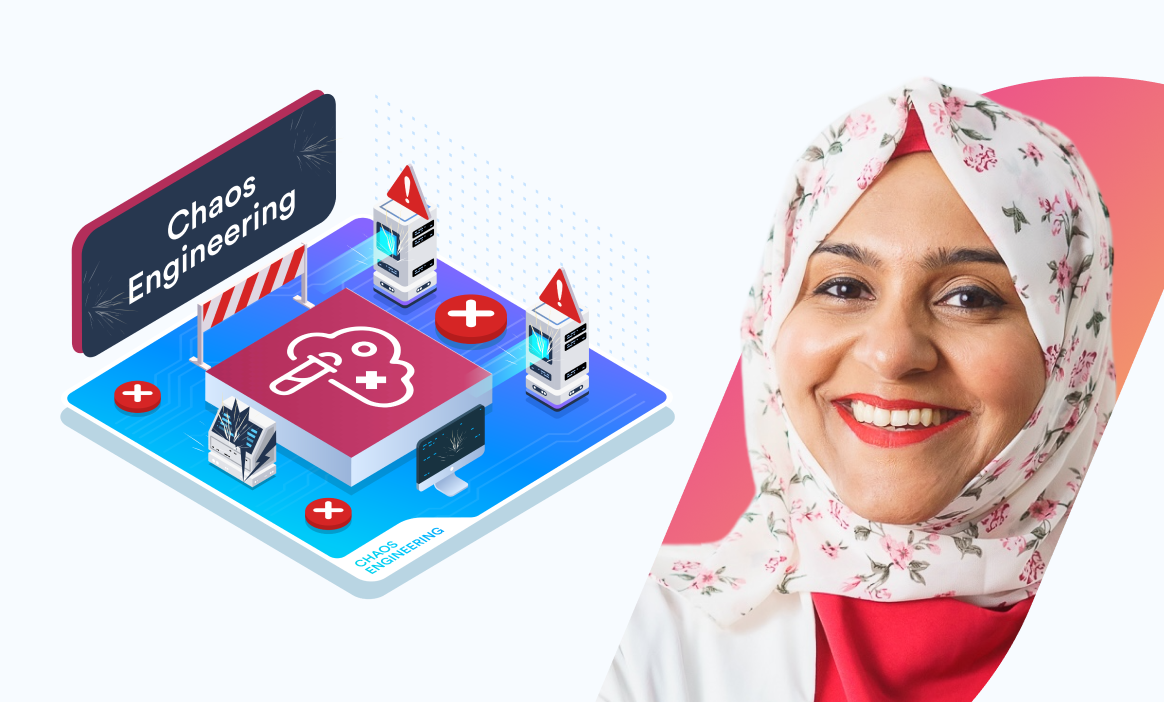
SRE helps organizations build highly resilient and scalable infrastructure.
Final Thoughts: Your DevOps Journey in 2025
The DevOps roadmap outlined here provides a structured approach to learning DevOps in 2025. It covers everything from fundamentals to advanced topics like Kubernetes, Infrastructure as Code, Security, and SRE.
How to Get Started?
🔹 Pick a step from this roadmap and start learning one skill at a time.
🔹 Practice with hands-on labs—DevOps is all about real-world experience.
🔹 Stay updated with new tools, as DevOps is an ever-evolving field.
🔹 Join DevOps communities, take courses, and read documentation.
🔗 Join the KodeKloud Community – Connect with others, ask questions, and learn from experts!
Join NowBy following this roadmap, you can become a job-ready DevOps engineer in 2025 and take advantage of the numerous opportunities in this high-demand field.



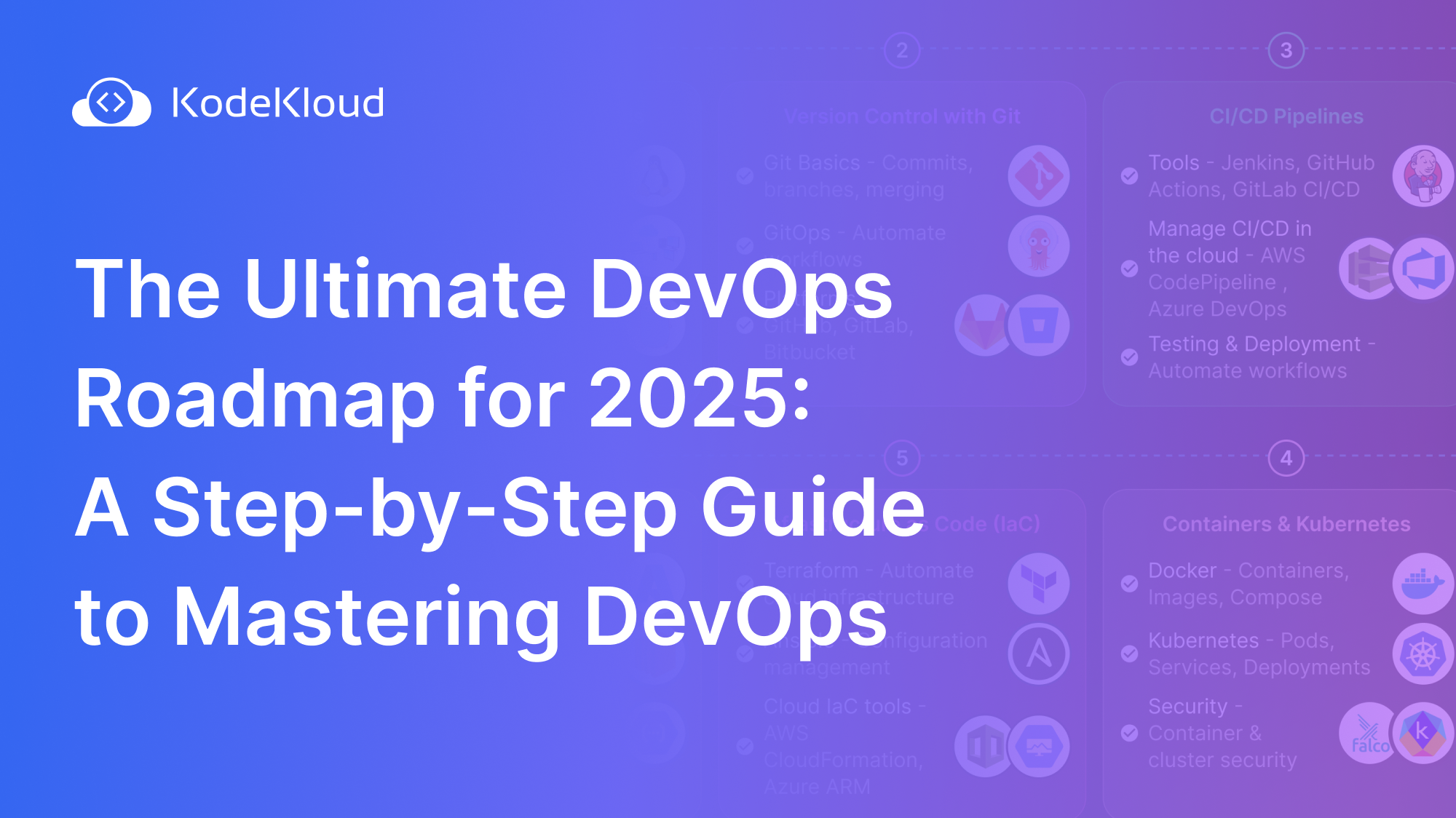




























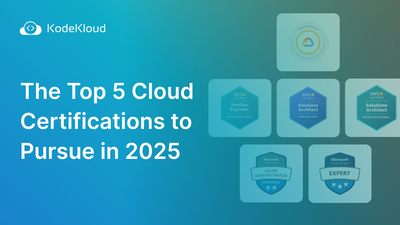
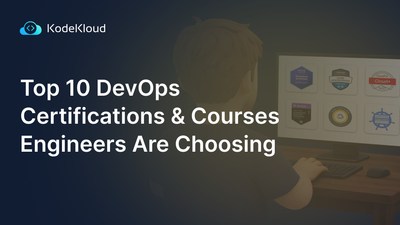

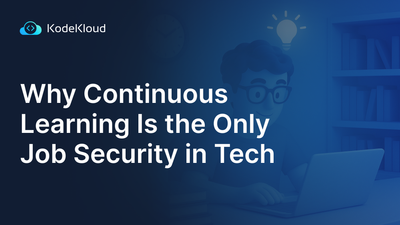
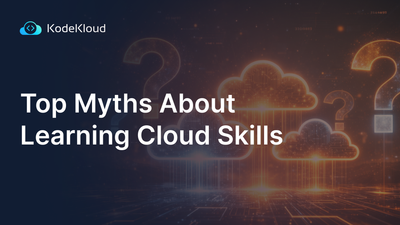
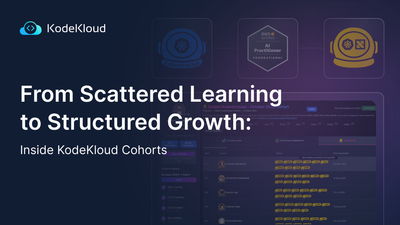
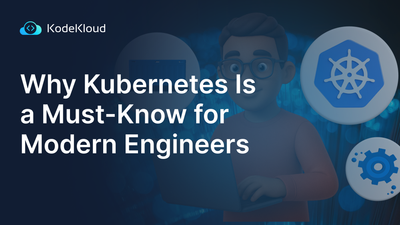

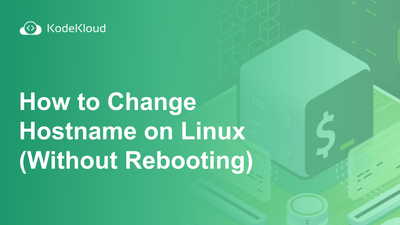

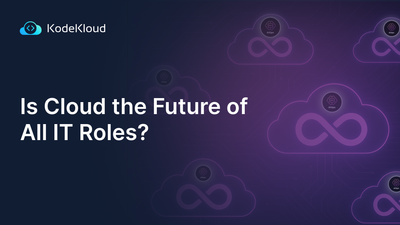
Discussion